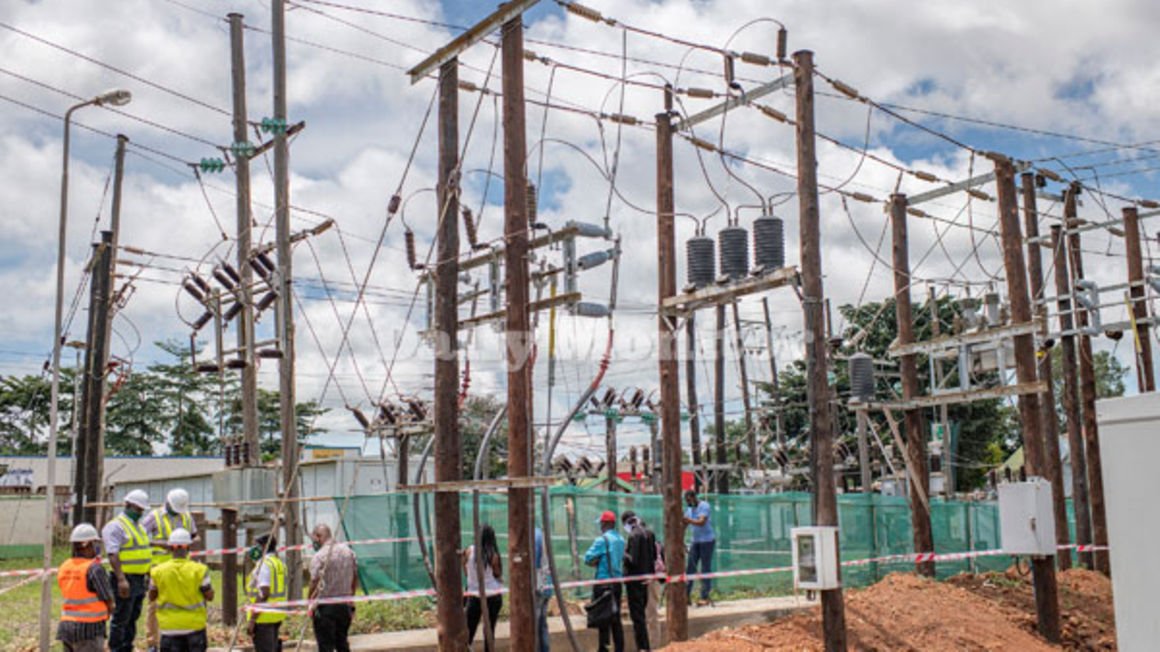Government had in December suspended free electricity connections, citing lack of funds. PHOTO/FILE. The temporary suspension of the implementation of Electricity Connections Policy (ECP) and the subsequent directive by Electricity Regulatory Authority (ERA) to electricity service providers to commence charging electricity connection fees for applicants of electricity connections, is unfortunate.
This has proved that the cost of extension of electricity connections is a major bottleneck to achieving Uganda’s 80 per cent electrification target by 2040 in line with Uganda’s Vision 2040 and universal electrification for all by 2050.
Service providers are already indicating a decline in customer applications as a result of this development. ERA instructed Umeme to charge Shs720,883 for a no pole service connection, Shs2,387,472 and Shs2,741,188 for a one pole bare conductor and one pole insulated conductor respectively. Other service providers across the country have also commenced charging electricity connection fees in compliance with the directive.
Electricity is the backbone of any modern economy and an enabler of economic development as it spurs economic activities, enables provision of public services, and generally improves the quality of life by providing opportunities that lift people out of abject poverty. It is important to note that utilities are not keen to invest in electricity infrastructure in Uganda and other sub-Saharan African countries due to low power consumption leading to slow recovery of their investments.
According to the World Bank, the average electricity consumption in sub-Saharan Africa is about 483kWh per capita per year, which is about the energy consumed by one 100W light bulb throughout the year. From the energy sales data published by ERA for 2020, Uganda’s electricity consumption per capita per year is estimated to be about 100kWh per capita per year, which is quite low to attract private investment in electricity network infrastructure.
Only government’s efforts can fill this void by expanding electricity infrastructure to remote areas supported by friendly policies such as rebates to encourage private developers.
The government through the ECP, has made efforts to connect households and businesses free of charge by subsidising electricity connection costs up to the customer service point. This has been achieved through initiatives such as reimbursing all service connection costs incurred by service providers to implement connections based on standard material costs from ERA as well as purchasing electricity connection materials.
Johnmary Migadde,
jmigadde@kpmg.com
